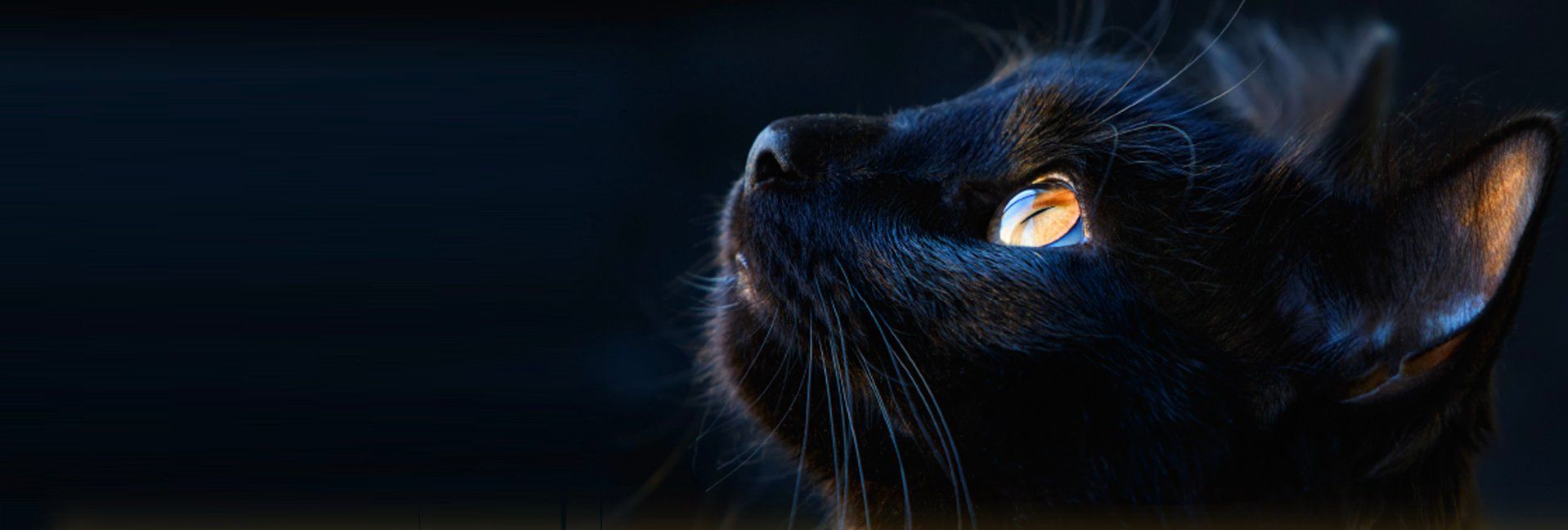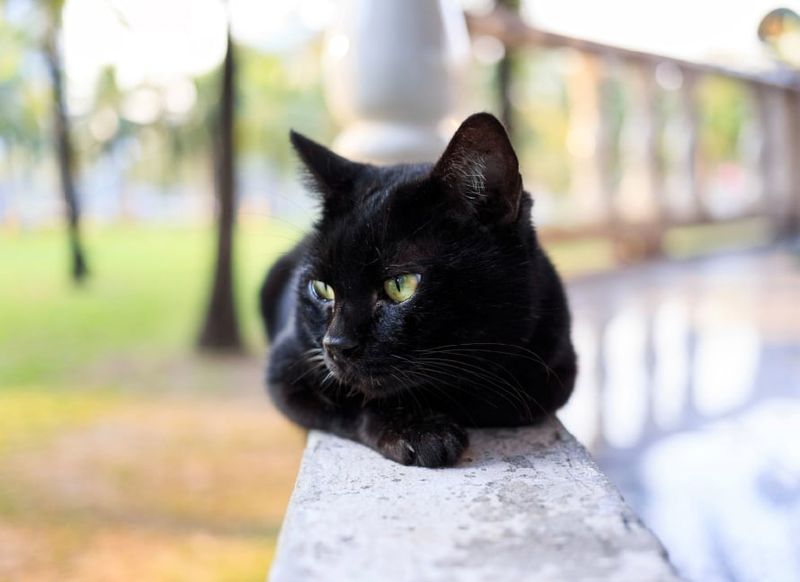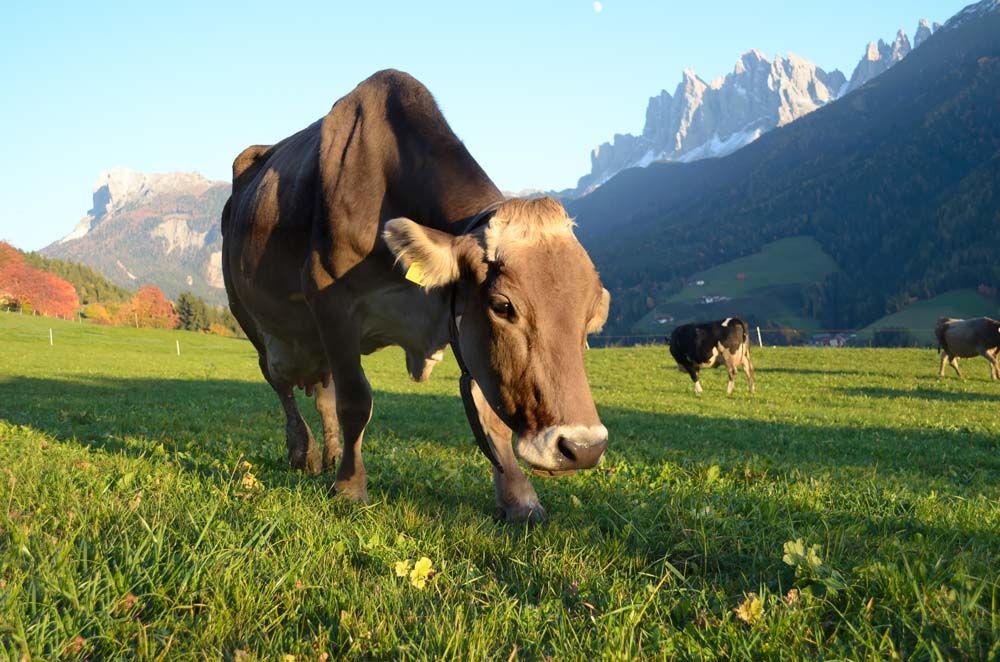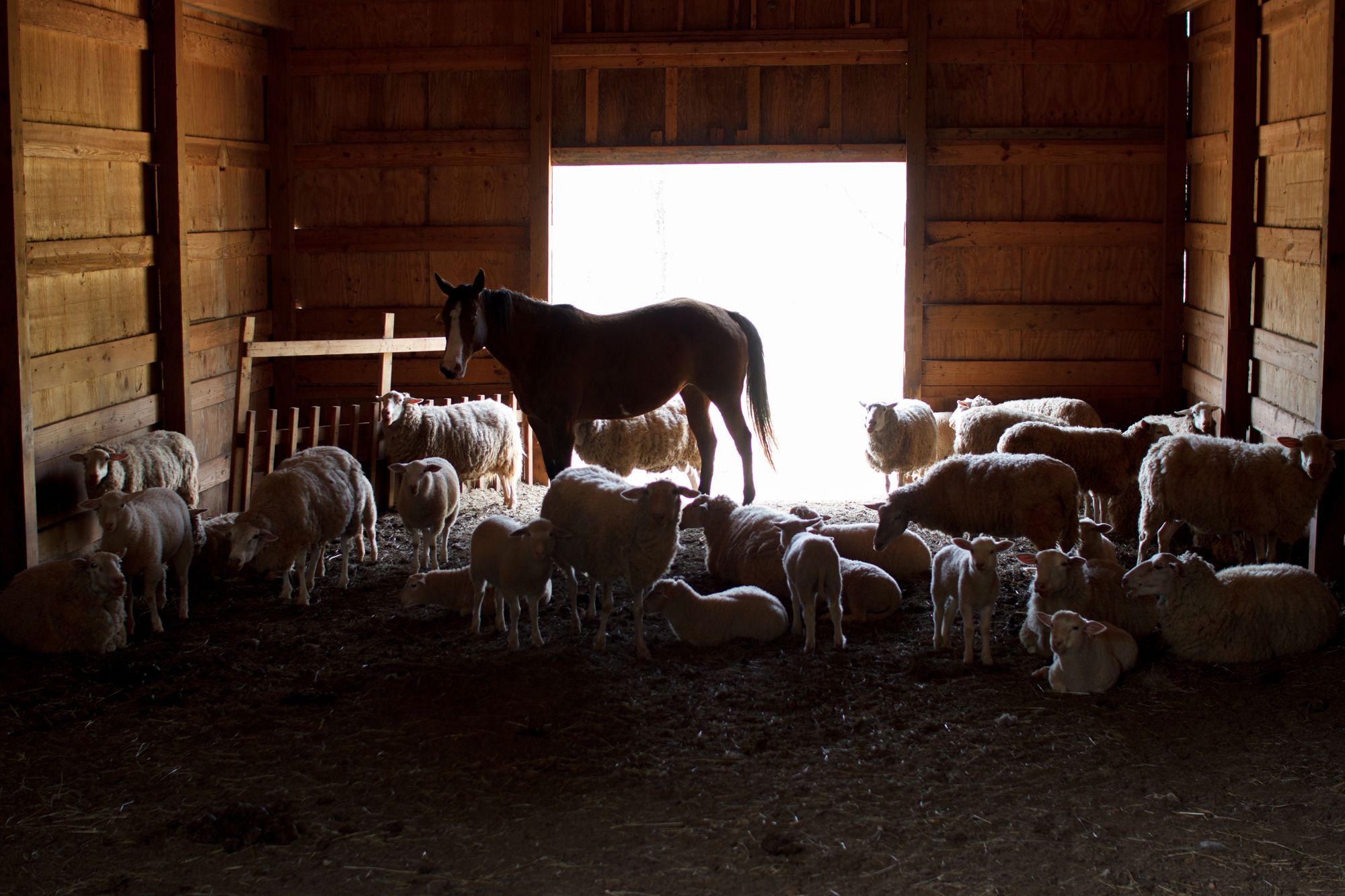In Celebration of Black Cats


Halloween is on the horizon, which means that we’ll soon be surrounded by pumpkins, bats, witches’ hats, and more candy than we know what to do with. It’s also the season for another iconic element of Halloween: black cats.
You’ll find black cats everywhere—on holiday tablecloths, napkins, decorative signs, kitchenware, and more, so in celebration of black cats all over the world, let’s learn a bit more about these beautiful felines.
There are a lot of black cats!

This may not come as a surprise, but black is not exactly a rare color in cats. You’ll certainly find no shortage of black cats out there in the world; in fact, the Cat Fanciers’ Association recognizes over 20 cat breeds that feature black as an accepted color and one breed (which we’ll look at next) is found exclusively in black.
Behold, the beautiful Bombay
Interested in owning your own little “black panther”? The attractive and endearing Bombay cat might be just what you’re looking for. With a striking and sleek solid black coat and yellow eyes, the Bombay cat is said to resemble a panther, plus it makes a playful and family-oriented pet.
It’s named after the city in India but has no connection otherwise to it; the Bombay was developed in the 1950s by crossing American Shorthairs and Burmese cats, and is considered a medium-sized but well-muscled cat. The Bombay is the only all-black cat breed and cats must exhibit black coloring in order to be eligible for registration.
It’s your lucky day
In the folklore of centuries past, black cats were associated with luck, both good and bad—depending on who you talked to and the circumstances in which the cat was seen.
For example, in Scotland, a black cat at the door might be considered lucky, while in Germany, a black cat might only be lucky if it passed by you from left to right—not right to left. Lore also had it that black cats were a lucky sign of romance in Japan, while black cats in general were unlucky in other locations.
All of this might seem harmless enough, but some animal shelters in the U.S. try to avoid adopting out black cats in October because occasionally the old superstitions still arise.
Setting sail
Besides the general tales of luck regarding black cats, sailors in particular seemed to have a subset of folklore regarding these felines. Black cats on board a British ship were considered good luck, as were black cats aboard fishing ships.
While we don’t know how the color black gained its lucky maritime reputation, there’s no question that having a cat on a ship in general was beneficial, with their penchant for keeping mice and rats at bay and out of the ship’s food stores. (Supposedly, a black cat leaving a pirate ship meant that the ship was doomed to sink. Arrrgh!)
Really black?
Some black cats don’t seem quite as black as others do. Their coats might seem slightly faded or even exhibit some slight “rusting” or an otherwise orange-ish tint. There are a couple of interesting possible causes behind these color shifts.
Overexposure to sunlight seems to have the ability to fade the coat of a black cat or even produce the rusting colorization—this can happen if the cat spends a lot of time outdoors or if he’s a sun-seeker inside and spends a lot of time resting in patches of window light. Sunlight might affect eumelanin, a color pigment in a black cat’s coat. Another possibility for rusting or fading can be a lack of tyrosine, an enzyme that works with eumelanin. Rusting might also be simply a side-effect of a particular black cat’s genetics.
In appreciation of black cats
Thanks to the ASPCA, black cats everywhere now have their own annual day of appreciation—“Black Cat Appreciation Day,” marked on August 17th. In the past, the ASPCA has used this day to offer discounts on adoption fees.
There is also a general “National Black Cat Day,” observed a few days before Halloween on October 27th.
Superstitions and folklore aside, there’s one thing that we know is absolutely true about black cats: they are strikingly beautiful creatures and beloved by families everywhere.
Tags:Country Critters

Acreage Life is part of the Catalyst Communications Network publication family.
















